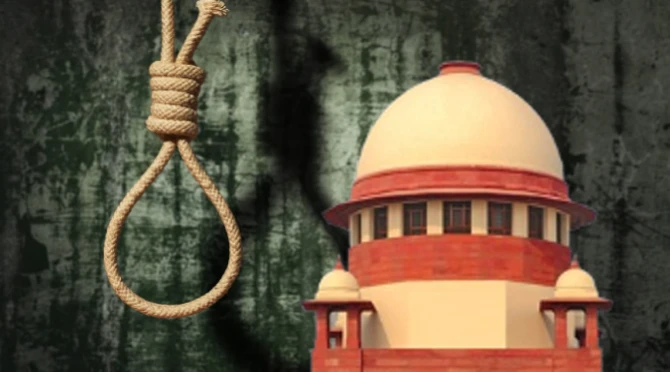
The Supreme Court has stayed the execution of the death sentence awarded to a man convicted of raping and murdering a 30-year-old law student in Kerala in 2016.
A bench of Justice B.R. Gavai along with Justices Sanjay Karol and K.V. Viswanathan passed the order while reviewing the convict’s appeal against the Kerala High Court’s May 20 verdict, which upheld his conviction and confirmed the death sentence handed down by the trial court.
“The execution of the death sentence shall remain stayed pending the hearing and final disposal of the present appeal,” stated the bench.
The High Court had confirmed the death sentence for Muhammed Ameer-Ul-Islam, a migrant laborer who was 22 years old at the time of the April 2016 incident. The High Court noted that the case involved deeply disturbing facts and represented a severe violation of human dignity and sanctity of life, describing the crime as involving both inhumane rape and horrendous murder.
According to the prosecution, the convict entered the victim’s house on April 28, 2016, with the intent to rape her. When she resisted, he attacked her with a knife, causing significant injuries. The prosecution also stated that the convict fled to his home state of Assam the following day and was arrested in June 2016.
The Apex Court has ordered that the original case records be summoned from both the trial court and the High Court. The bench also directed the State to present reports from all probation officers related to the appellant within eight weeks.
Additionally, the Court instructed the superintendent of Central Prison and Correctional Home, Viyyur, to submit a report within eight weeks on the nature of the work performed by the appellant in prison and his conduct and behavior while incarcerated. The Government Medical College, Thrissur, has been directed to assemble a team for a psychological evaluation of the appellant, with the report to be submitted within eight weeks.
The Supreme Court has scheduled the matter for further hearing in 12 weeks.
In its judgment, the High Court had remarked, “Before parting with the case, it is necessary to observe that it is with a heavy heart that we uphold the ultimate penalty of death sentence to the accused in the case.” It expressed hope that the judgment would act as a deterrent to potential perpetrators of similar abhorrent acts, thereby enhancing the sense of security for individuals like the victim in society.
The trial court had convicted the man of various offenses under the Indian Penal Code, including rape and murder, and sentenced him to death.




